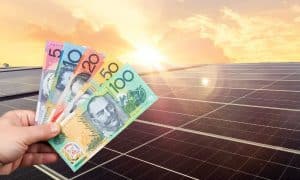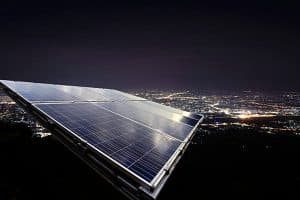Is there anything solar can’t do? Aside from bringing cheap, clean power to developing economies and assisting households in developed countries to slash their greenhouse gas emissions and electricity bills; it may also help an entire nation address its economic woes.
Europe’s latest deal to address its debt crisis, in this incarnation primarily triggered by Greece’s financial problems, has offered some short term optimism on the markets. However, some analysts believe much of it is a hastily cobbled together solution and one that will unravel in the coming days.
While there is no quick or easy solution to the crisis, solar power will be called on to play an important role in a real recovery for Greece.
In a recent joint email statement, European leaders announced Greece will commit revenue from project Helios to reduce debt by up to $21 billion.
Project Helios will be a 10 gigawatt (GW) solar panel based network of solar farms throughout the nation. Reportedly to be financed by Germany, the 20 billion euro Helios scheme could create between 30,000 and 60,000 jobs. Electricity generated by the massive facility would be exported to other European countries.
According to Greece’s Ministry of Environment, Energy and Climate Change, the country bathes in sunshine 300 days a year and experiences almost 50% more solar radiation than Germany, the global leader in solar PV. A report from the International Energy Agency (IEA) notes that Greece has solid potential for wind and solar energy; providing opportunities for new industrial development, in particular if linked with research and development activities.
The Ministry says Project Helios represent a “mutually beneficial cooperation scheme” whereby member states with low or expensive renewable energy sources (RES) potential can access renewable energy from another country with higher RES potential and lower production costs in order to reach national targets.
For the first half of this year, Greece’s total installed renewables capacity was 274MW and is expected to grow to 400 MW by the end of this year.







































